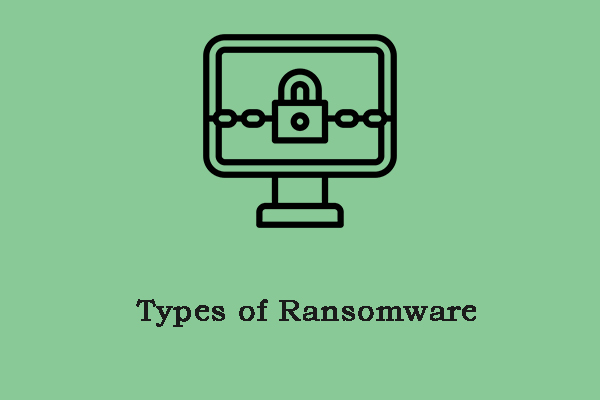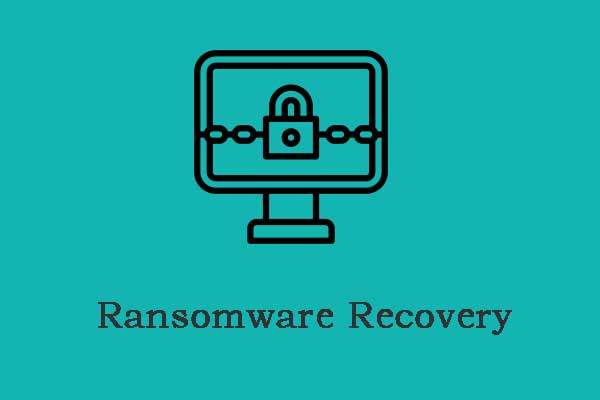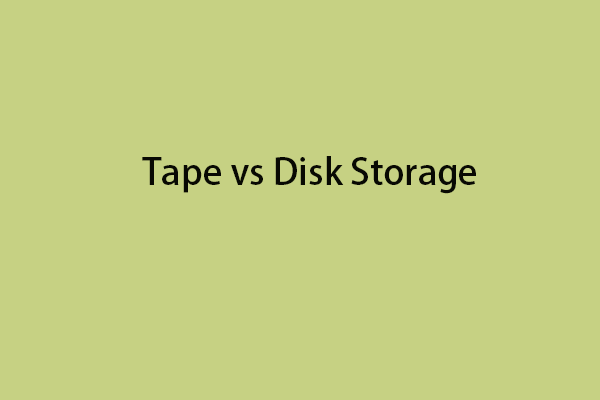What is an immutable backup? Why is immutable backup important? How does immutable backup work? What are the different types of immutable backup? Now, continue to read this post to get more information about the immutable backup.
What Is Immutable Backup
What is immutable backup? Invariant means that it cannot be changed. Immutable backups are a method of protecting data so that it is fixed, unalterable, and never deleted, encrypted, or modified. Having immutable data is critical to ensure that copies of your data are always recoverable and safe from disasters (natural or man-made) as well as today’s ransomware and other cybercrimes.
Immutable backups protect against various planned and unplanned events:
- virus
- ransomware
- planned outage
- natural disaster
- accidental or planned deletion
Tip: To get more methods of protecting your data, you can go to the MiniTool official website.
Why Is Immutable Backup Important
Why is immutable backup important? Immutable backups are not only useful in case of server failure. They can also be used to protect against ransomware.
Ransomware is a method of cyber-attack that targets data and encrypts it, making it inaccessible to its owner until a ransom is paid. While traditional forms of backups are effective, they are not foolproof. Today, ransomware is designed to attack backups themselves, putting your data at more immediate risk. Even with expensive security software and systems, backups can still be attacked.
Immutable object storage provides data security that is critical to many businesses. Law enforcement, medical, legal, and financial industries all rely on the safety and security of the data for which they are responsible. These organizations require a higher level of security, and that’s exactly what immutable backup storage provides – a clean, up-to-date copy of data that can be restored quickly and secured with ease.
How Does Immutable Backup Work
How does immutable backup work? Immutable storage can be applied to data stored on traditional platforms such as disk or SSD. However, cloud storage is becoming the most popular choice among businesses, both in terms of ease of use and protection.
Data saved in immutable cloud storage is protected by a write-once-read-many (WORM) mechanism. When employees save files, they identify how long they want the files saved. They can be kept indefinitely, but that’s usually not the case. Once they upload the data to the cloud, they set the immutability flag (selfie). This flag locks the file in place for a while. At that time, the file cannot be tampered with.
Benefits of Immutable Backup
The following are the benefits of immutable backup:
1. Recover files at any time
One of the best parts of immutable backup storage is that it is designed to be deployed to your production server immediately in the event of a data breach or loss. Unlike traditional backups, you don’t need to worry about immutable files being compromised. Immutable storage keeps information safe and secure.
2. Consistent disaster protection
Immutable storage provides reliable protection against ransomware, natural disasters, outages, and more. In this backup environment, your data is less vulnerable to virtual or physical tampering. It provides peace of mind for many organizations that require this level of security.
3. Stronger data compliance
Many organizations, such as healthcare, financial, and data protection companies, are subject to strict data compliance requiring them to have clean records and follow strict retention policies. Immutable storage provides a way to comply with these regulations by providing a safe, accessible place to store clean files.
Types of Immutable Backup
There are 3 types of immutable backup – public cloud, immutability in Linux, and
1. Public Cloud
Backups can be stored on the public cloud as it enables you to make backups immutable.
For example, Amazon S3 and Azure Blob storage can be rendered immutable, preventing anyone (even users with administrator access) from modifying, deleting, or encrypting data.
Dedicated backup solutions now offer integrations with these types of cloud platforms so you can create immutable backups in the cloud.
2. Immutability in Linux
For Linux systems, Chattr commands allow you to store immutable data. This command is used to make files immutable in various situations, including protecting files on machines accessed by multiple users or ensuring that critical files require additional steps before deletion.
Backup solution providers are using this feature of Linux systems to allow users to create immutable backups. Modern backup solutions allow you to set immutable flags on recovery points stored in Linux-based backup repositories.
3. Tape
Another backup storage option that supports immutability is tape. Tape is an excellent storage medium for compliance retention and archiving. LTO tapes are WORM capable, allowing you to preserve immutable backups by writing to the tape only once.



User Comments :